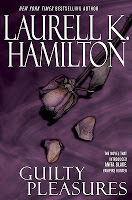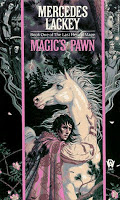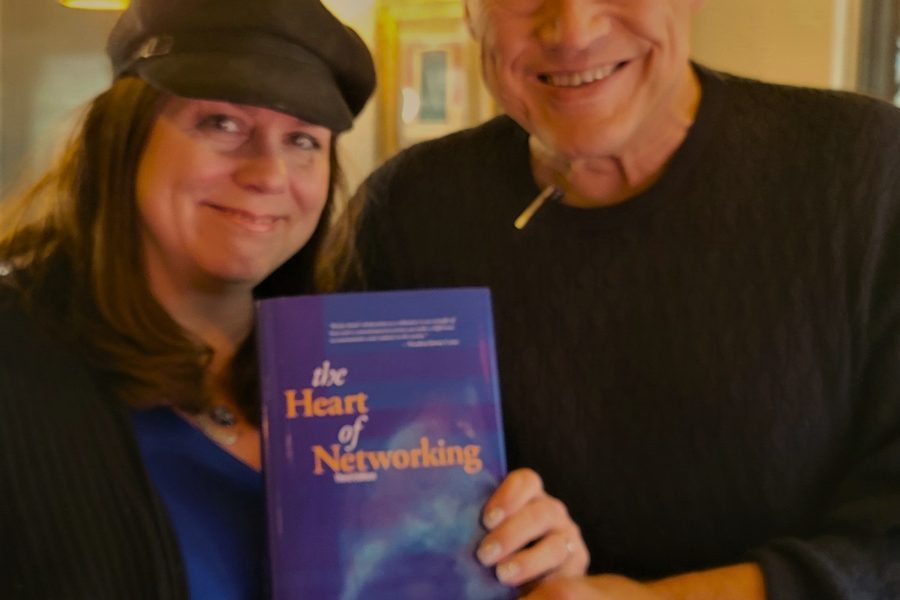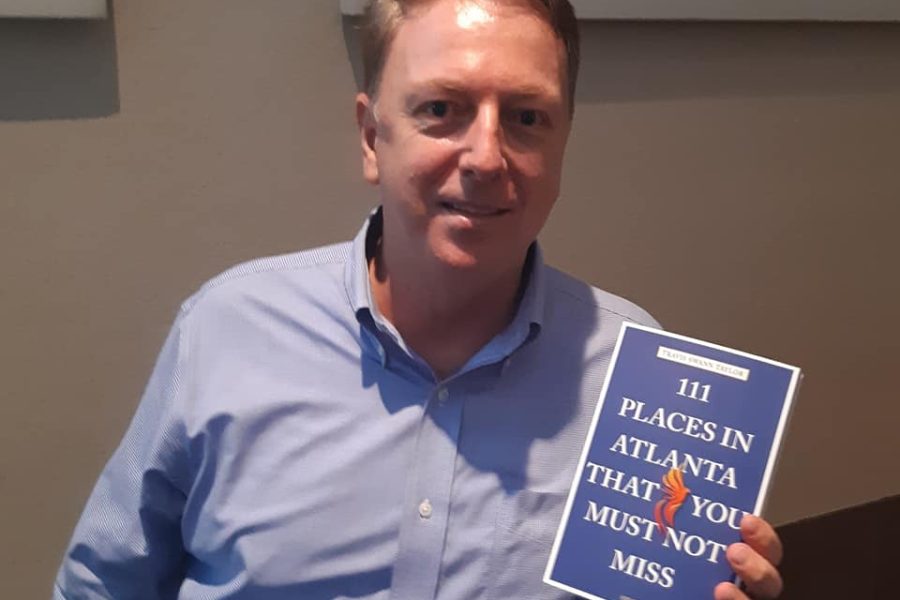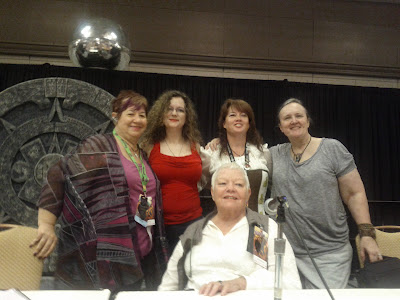 |
| Standing L-R, Nancy Knight, Laurell K. Hamilton, Sherrilyn Kenyon and Mercedes Lackey. Chelsea Quinn Yarbro, sitting. |
Fighting for Acceptance
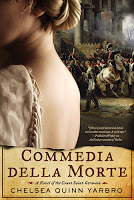 Yarbro, a multi-faceted writer best known for creating the heroic vampire, Count Saint-Germain, sold her first mystery in 1968. At the time, the “climate for women writers was chilly.”
Yarbro, a multi-faceted writer best known for creating the heroic vampire, Count Saint-Germain, sold her first mystery in 1968. At the time, the “climate for women writers was chilly.”Female fantasy writers began to get a better reception after Anne McCaffrey’s won her first Hugo, but even then many male writing counterparts called it a “fluke,” Yarbro added.
Riding the Romance Boon
In the 1980s the publishing field started to open up for women – and several panelists said they were pressured to write romance – and many did –under pseudonyms — to pay bills (one panelist said writing a romance helped pay for her divorce).
“My editors told me that the vampire market is dead. What they didn’t realize is that the monster always comes back,” Hamilton quipped. Hers was a steady climb up – with each book sold, she gained more readers. Now Hamilton has transcended genre, according to her publisher, meaning she’s sold enough that she can write whatever she wants.
Finding Your Voice
“Writing a lot was essential. I came to writing out of the theater,” said Yarbro, explaining that you can do anything with dialogue and punctuation in dialogue if that tells your reader how a character sounds.
“The thing about narration is it has to support everything that’s going on without participating in it. You are not a character in your own book — you are a support for the characters who are.”
All the authors agree that there is no magic formula to finding your voice. “What I think you cannot learn – except by practice and almost by accident — is your voice and an idea that is fresh and speaks to you and is something that only you can write. That is the hardest to come by,” Hamilton said.
Writing Anywhere
Once you find your voice, you can write anywhere. In Kenyon’s case, she wrote through chemo treatments with her mother, during her sons’ soccer games, and while pregnant and hooked to an IV.
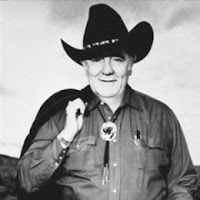 |
| Louis L’Amour. |

